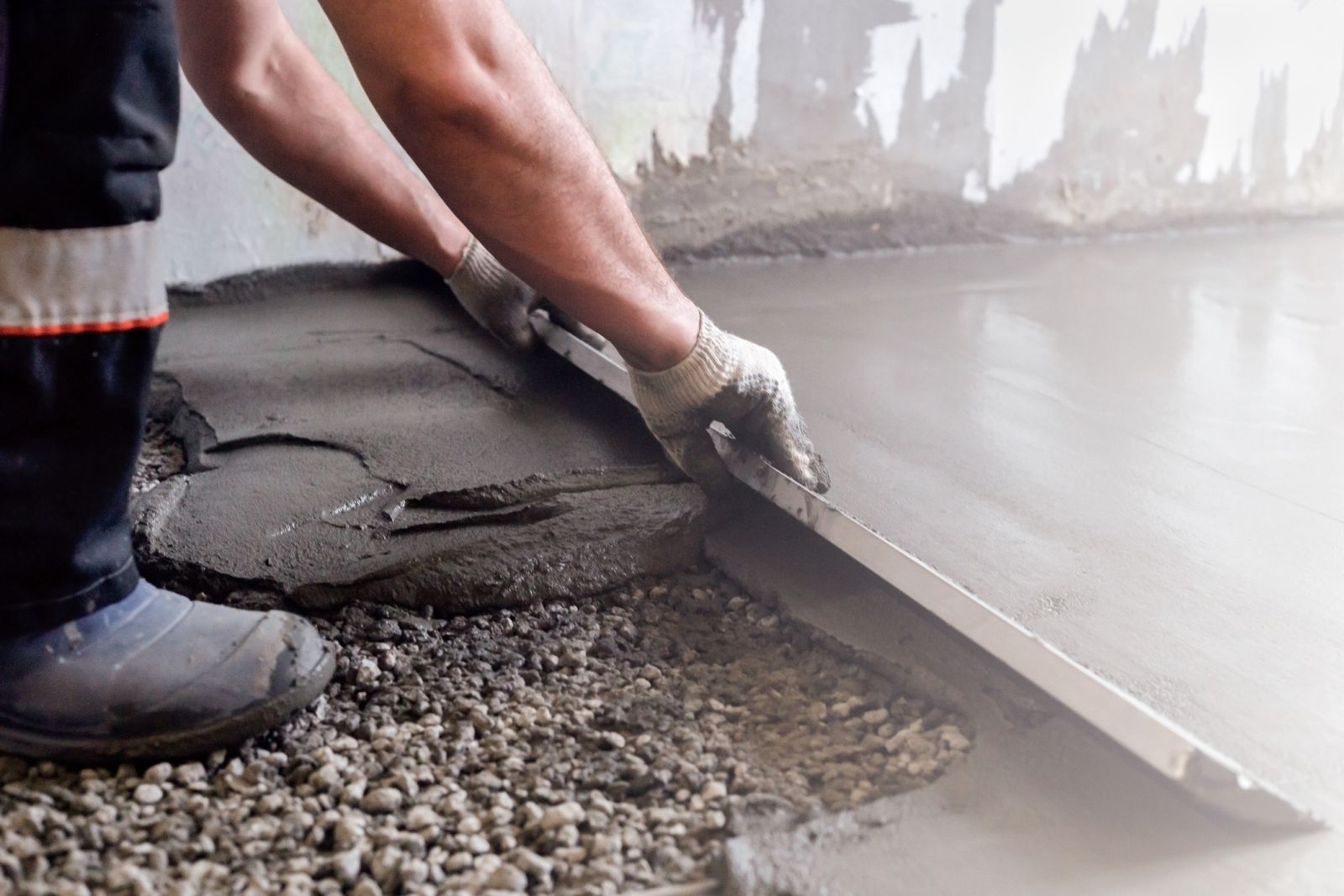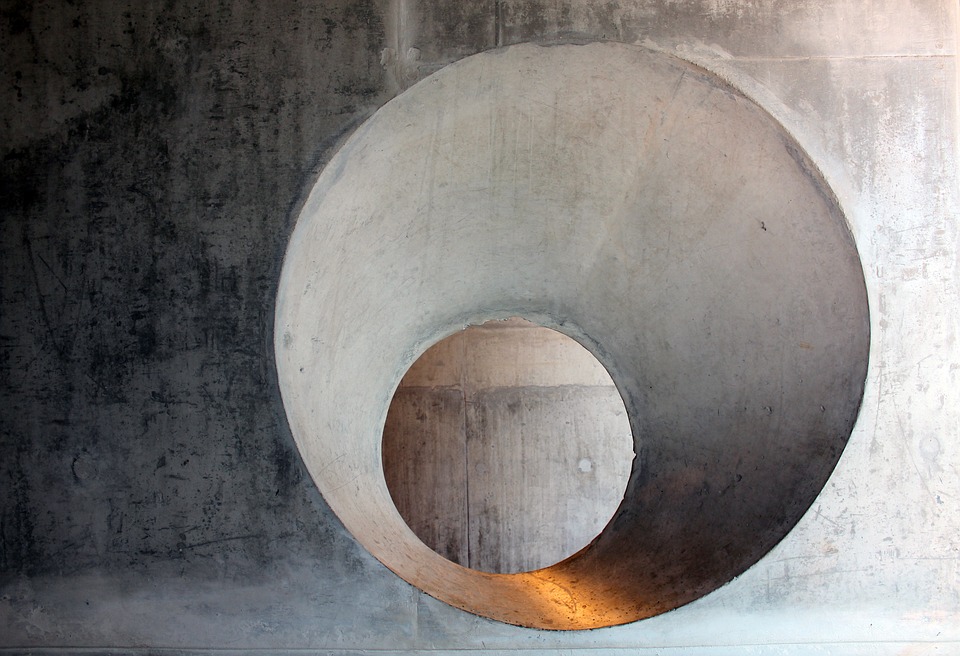
Do you want to know more to concrete blocks and other Construction Materials?
In the world of construction, materials play a pivotal role in determining the cost, durability, and overall success of a project. Among these, concrete blocks have become increasingly popular due to their unique benefits. However, it"s important to compare them with other common construction materials like wood, steel, and bricks to understand their place in modern construction.

Concrete Blocks: An Overview
Concrete blocks are known for their strength and stability. They are cost-effective, especially for large projects, and offer excellent insulation properties. Their uniform size and shape make them easy to work with, reducing construction time and labor costs. Moreover, concrete blocks are fire-resistant and have a long lifespan, adding to their cost-effectiveness in the long run.
Comparing Concrete Blocks with Wood
Wood is a traditional construction material valued for its aesthetic appeal and natural insulation properties. However, when compared to concrete blocks, wood is more susceptible to damage from elements like moisture and pests. In terms of cost, wood can be more expensive, especially high-quality, treated lumber. The maintenance cost for wood is also higher over time, considering the need for treatments against rot and pests.
Steel in Construction
Steel is another popular material, especially in industrial and commercial construction. It offers high strength and durability, along with flexibility in design. However, steel can be costly, both in terms of initial investment and maintenance, as it requires protection against rust and corrosion. In contrast, concrete blocks are more affordable and require minimal maintenance.
Bricks Versus Concrete Blocks
Bricks have been a staple in construction for centuries. They offer aesthetic versatility and durability. However, bricks can be more expensive than concrete blocks and are often more labor-intensive to lay due to their smaller size. Additionally, bricks may require more maintenance, such as regular cleaning and occasional repointing of the mortar.
Environmental Considerations
In today"s construction industry, environmental impact is a significant consideration. Concrete blocks are advantageous in this regard as they can be made from recycled materials, reducing waste. Additionally, their thermal mass helps in energy conservation. In comparison, the production of materials like steel and bricks can have a higher environmental impact due to energy-intensive manufacturing processes.
Long-Term Benefits and Cost-Effectiveness
When assessing the long-term benefits and cost-effectiveness, concrete blocks stand out for their durability and low maintenance needs. They can withstand extreme weather conditions and don’t require frequent repairs or replacements. This aspect makes them a cost-effective choice for many construction projects.
Flexibility in Design and Application
Concrete blocks offer flexibility in both design and application. They can be used in various types of construction projects, from residential to commercial. This versatility is sometimes limited in materials like wood and steel, which may not be suitable for all types of constructions due to their physical properties.

Conclusions about Concrete blocks and other construction materials
In conclusion, while each construction material has its unique advantages and disadvantages, concrete blocks offer a balance of cost-effectiveness, durability, and environmental friendliness. They are a versatile choice suitable for a wide range of construction projects. The selection of materials should, however, be based on specific project requirements, budget, and environmental considerations.

